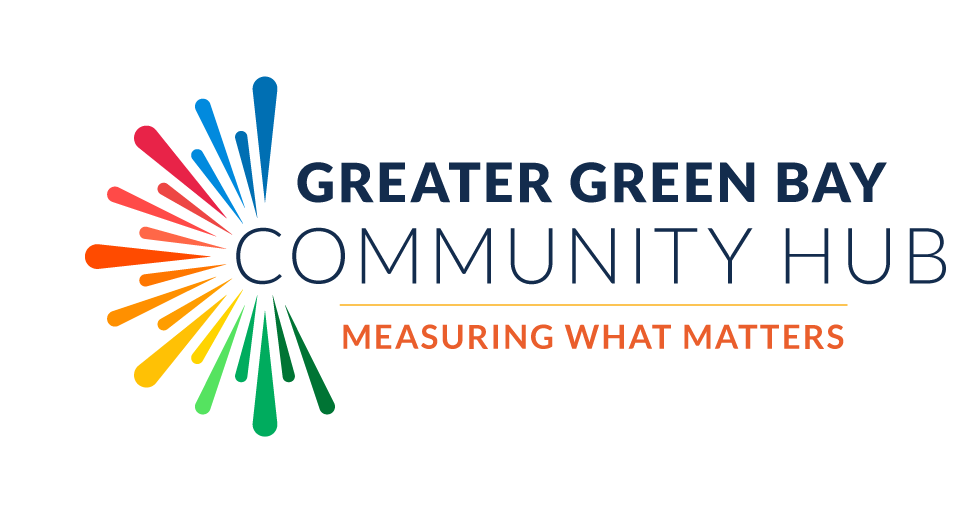Promising Practices
The Promising Practices database informs professionals and community members about documented approaches to improving community health and quality of life.
The ultimate goal is to support the systematic adoption, implementation, and evaluation of successful programs, practices, and policy changes. The database provides carefully reviewed, documented, and ranked practices that range from good ideas to evidence-based practices.
Learn more about the ranking methodology.
Filed under Evidence-Based Practice, Health / Children's Health, Children, Teens
Goal: The goals of this program are to establish a single application for school-based youth prevention programs; provide a common language and approach for parent, community, and student health programs; and reinforce prevention messages from a variety of sources.
Impact: Students who received the Michigan Model curriculum had significantly better health outcomes in several areas: social and emotional health, interpersonal skills, aggressive behavior, safety attitudes and skills, physical activity skills, nutrition behavior, drug refusal skills, recent alcohol and tobacco use, and intentions to use alcohol and smoke cigarettes.
Filed under Evidence-Based Practice, Health / Respiratory Diseases, Children
Goal: The Mobile C.A.R.E. Foundation’s mission is to provide complimentary and comprehensive asthma care and education to children and families in Chicago’s underserved communities via mobile medical units called "Asthma Vans."
Impact: The Mobile C.A.R.E. Foundation’s Asthma Vans provide children and families in Chicago’s underserved communities with complimentary and comprehensive asthma care and education resulting in reduced school absenteeism, decreased ER visits and lower hospitalization rates.
Filed under Good Idea, Health / Alcohol & Drug Use, Teens, Adults, Women, Men, Older Adults, Families, Urban
Goal: The goal of Mobile CCL is to foster a higher level of client engagement and motivation in the treatment/recovery process.
Impact: As a web-based client portal to care management, Mobile CCL is enabling the integration of behavioral health treatment with primary care.
Filed under Evidence-Based Practice, Health / Diabetes, Adults, Women, Men, Older Adults, Racial/Ethnic Minorities
Goal: The National Diabetes Prevention Program encourages collaboration among federal agencies, community-based organizations, employers, insurers, health care professionals, academia, and other stakeholders to prevent or delay the onset of type 2 diabetes among people with prediabetes in the United States.
Impact: The National Diabetes Prevention Program is a cost-effective method to reduce the risk of developing type 2 diabetes among individuals with prediabetes.
Filed under Good Idea, Health / Health Care Access & Quality, Children, Teens, Adults, Older Adults, Families, Urban
Goal: The mission of the Neighborhood Involvement Program is to provide cost-effective and professional services to underserved populations.
Filed under Evidence-Based Practice, Health / Alcohol & Drug Use
Goal: The goal of this program is to effectively treat substance abuse by using the patient's social support network to support abstinence.
Impact: Among Network Therapy clients, 64.5% of all samples submitted were negative for opioids, compared with 45.3% of all samples submitted by medication maintenance clients. Furthermore, 88% of urine samples were negative for cocaine for Network Therapy participants, compared with 66% of urine samples collected from treatment-as-usual clients.
Filed under Evidence-Based Practice, Health / Maternal, Fetal & Infant Health, Women
Goal: The program has three primary goals:
1) to improve pregnancy outcomes by promoting health-related behaviors;
2) to improve child health, development and safety by promoting competent care-giving; and
3) to enhance parent life-course development by promoting pregnancy planning, educational achievement, and employment.
The program also has two secondary goals: to enhance families’ material support by providing links with needed health and social services, and to promote supportive relationships among family and friends.
Impact: Evaluations of the program have shown that women who were visited by nurses had significantly better outcomes than those who did not in terms of measures such as maternal health, maternal life-course development, child health and safety, and adolescent measures of delinquency.
Filed under Effective Practice, Community / Crime & Crime Prevention, Children, Teens, Urban
Goal: The goal of this program is to foster dialog, negotiation, and problem solving between offenders and victims in Oakland.
Filed under Good Idea, Health / Health Care Access & Quality, Children, Adults, Families
Goal: The program’s goal is to increase access to health care by assisting children and their families in Los Angeles County to enroll in health coverage programs and utilize and retain these benefits.
Filed under Evidence-Based Practice, Health / Children's Health, Children, Urban
Goal: The goal of Parent Connext is to support parents in reducing and/or preventing toxic stress in the family and help children develop critical life skills and coping skills. Recent studies have found that up to 50% of health outcomes are attributable to social and economic factors and that lifetime costs associated with child maltreatment are comparable to other costly healthcare conditions such as stroke or type 2 diabetes. Moreover, 4 in 5 physicians report lacking confidence in their ability to meet patients’ social needs, which can impede their ability to provide high quality medical care. As a result, interventions that target parents’ social needs may have important implications for reducing healthcare costs and have the added benefit of enabling physicians to provide high-quality care to their patients.
